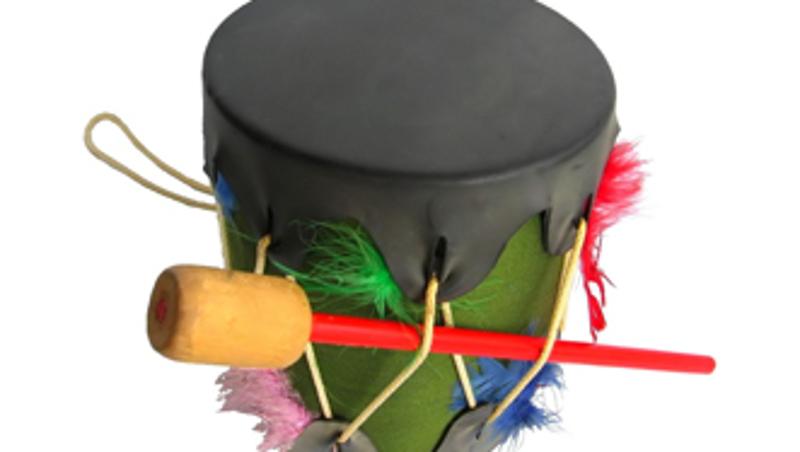
Children with disabilities and their parents are likely to benefit from music therapy sessions, which can improve social, motor and communication skills, Queensland University of Technology (QUT) research has found.
Kate Williams studied the effect of the Sing & Grow music therapy intervention on children with disabilities and found that music therapy also provided benefits for parent-child bonding and for parental mental health.
Music therapy is a small but growing industry in Australia, and involves therapists working with children and their parents, using music and song as tools to work on areas of development such as social and behavioural skills, calming young children and babies, motor skills and to encourage positive parenting.
"Music therapists provide a range of services to children with and without disabilities and their parents in a wide range of settings, which is likely to be similarly beneficial," said Ms Williams.
"We used self-reporting from the parents, as well as therapist observations across a 10 session intervention.
"We found the effects of music therapy were all very positive for children with disabilities, and for me, the most interesting part was the effect that it had on parents' mental health - we were surprised and pleased that it happened because it shows that music therapy can be a shared positive experience for both parent and child.
"We found there were some really great connections being made between the children, the parents, and each mother-child pairing."
Sessions generally consisted of a greeting song, "action" songs, and then use of various instruments, dancing, drumming and winding down.
"There is a lot of research showing that music is very motivating to children, and it is very rare to find a child whose attention is not captured by music," said Ms Williams.
"You can use music as an attraction to then work with children on less attractive or fun things which are still important, like motor skills.
"Music and the brain work well together, and stimulating rhythmic areas of the brain can stimulate motor responses and reflexes; there are also links in the brain between music and language. A lot of this research has been done with adults, but the same applies with children."
Ms Williams said that there were approximately 400 registered music therapists in Australia, working in diverse areas including with babies and children, in aged care, and in rehabilitation.
"Music therapists have long waiting lists, so there is a demand out there," she said.
"And our research certainly showed that the response from children and their parents was entirely positive."
Sing & Grow is presented nationally by Playgroup Queensland with funding from the Australian Government Department of Families, Housing, Community Services and Indigenous Affairs.
Media contact: Sharon Thompson, QUT media office - 3138 2999 or sharon.thompson@qut.edu.au


